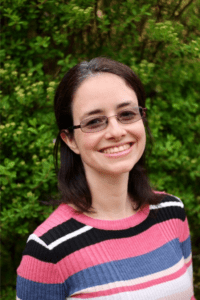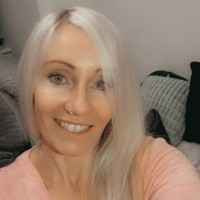Who Am I?

This month, we asked some of Atrium’s therapists to answer this question: “Who Am I?”
Here are their thoughts and reflections.
Karin Brauner, Atrium Specialist Counsellor:
If someone asks you who you are, would you know how to start answering the question? We usually default to saying “I’m a counsellor/chef/engineer/etc.”, and that’s OK, that’s part of who we are, but it’s not all of who we are. We are more than what we do. Let’s explore a few ways for you to start getting to know yourself better:

Why do we do what we do?
By exploring where your behaviours come from, you can understand yourself better and catch yourself when you’re behaving in ways that are detrimental to yourself or those close to you, and find more positive or proactive ways to deal with the same problems, which will lead to better results moving forward.
Repeating Patterns
Sometimes we react from a place of protection – maybe someone hurt us in the same way before, and we don’t want that to happen to us again, so we might put up a wall and close down, or react in rage toward someone that only deserved part of that anger. Understanding why we do what we do will help us work through stuck emotions or old patterns that are not serving us any more, allowing us to be more ourselves and to be more able to set boundaries and ask others for what we need and don’t need or like them to do for us.
What do you dislike?
Knowing what makes us tick will help us even further in creating the relationship with ourselves and others that we really want, minimising resentment as we’re truly honest about who we are, what we need and what boundaries we want to set to be happy and feeling safe in the world.
What do you like?
Knowing what we’re passionate about will lead us to find like-minded people to befriend with whom we can carry out these passions or at least talk about them. It will also make “work” more of an enjoyable activity. After all, life is short and enjoying the time we have is a worthwhile thing to strive towards.
Do you need, want, or feel obliged to do or think that?
Recognising what we need versus what we want is important. Answering questions like “do I need to or do I want to go to that party?” or I’ll add a third one, “do I have to go to that party?” If you have to, it becomes an obligation, and you might not really enjoy it or resent yourself or the person who invited you. Imperatives tend to do that. If you need to go, maybe there’s some further exploration about why you have that need – loneliness, people-pleasing, it is what’s expected, or something else, perhaps. If you want to go to the party, then that’s all you need to know, go have fun!
There are a few ways you can explore these further:
- Journaling about the above questions
- Having conversations with people you trust
- Booking a session with an Atrium counsellor to explore further
Atrium: Lisa, how do you answer the question, Who Am I?
Lisa Charter, Atrium’s Global Wellness Manager:
As professionals, when we greet our clients, the first question we usually ask is, “How are you”? We therapists are also trained to check in with ourselves… often to ask ourselves that very question. According to the British Association of Counsellors and Psychotherapists, this is best practice.

Asking ourselves, “How am I? What am I offering my client today, at this moment?” gives us space to become aware of what resources we have available at that moment to offer. Asking our clients “How are you?” is the predictable lead in to discussing their issues and how they wish to work on themselves to change not only their current environment, but also who they are.
Being aware of how we are is crucial to raising awareness in others and the importance of good mental health. But how about the question, “Who are you?”. At first, that seems a much simpler question to answer and yet, is it? As I ponder this question myself, I guess my first response could be: “I am Lisa”, but no, that is not who I am, that is the name my parents gave me. I am a psychotherapist and the referral manager within Atrium but again no, that is not who I am, that is my job, a role. I am a mother, partner, friend, dog and cat owner, yet all these roles are still not who I am. So, who am I? Reflecting on these questions with curiosity allowed me to examine my answers and each answer, although not who I am, does speak of what is meaningful to me.
As subjective beings, we understand ourselves and our environments through what makes sense to us, this is the lens through which we view our world.
Exploring my answers further, my name links me to my beloved parents, my work is rewarding and my family and friends represent the love I have in my life. So, who am I? Maybe I am love, gratitude and purpose. That is not all I am; however, it is something that I realise is a large part of my life.
Existential therapists believe that we can suffer anything if there is meaning in it, if we have purpose. When being asked how we are, we may immediately be drawn to answer what our issues are, however asking ourselves who we are brings our attention to what is really meaningful in our lives right now. What gives us purpose, what motivates us forward.?
So that leaves me with a final question, who are you?



